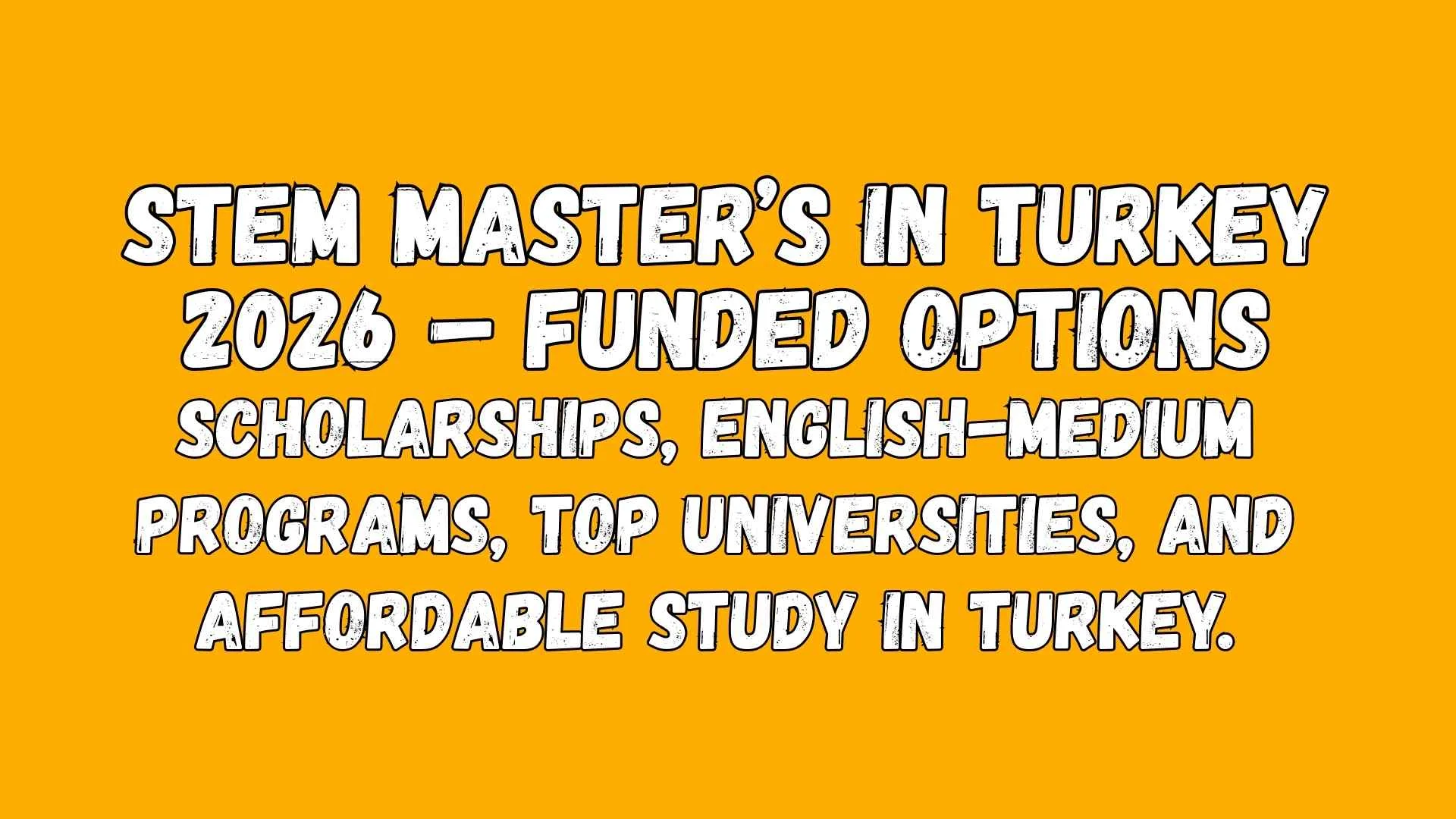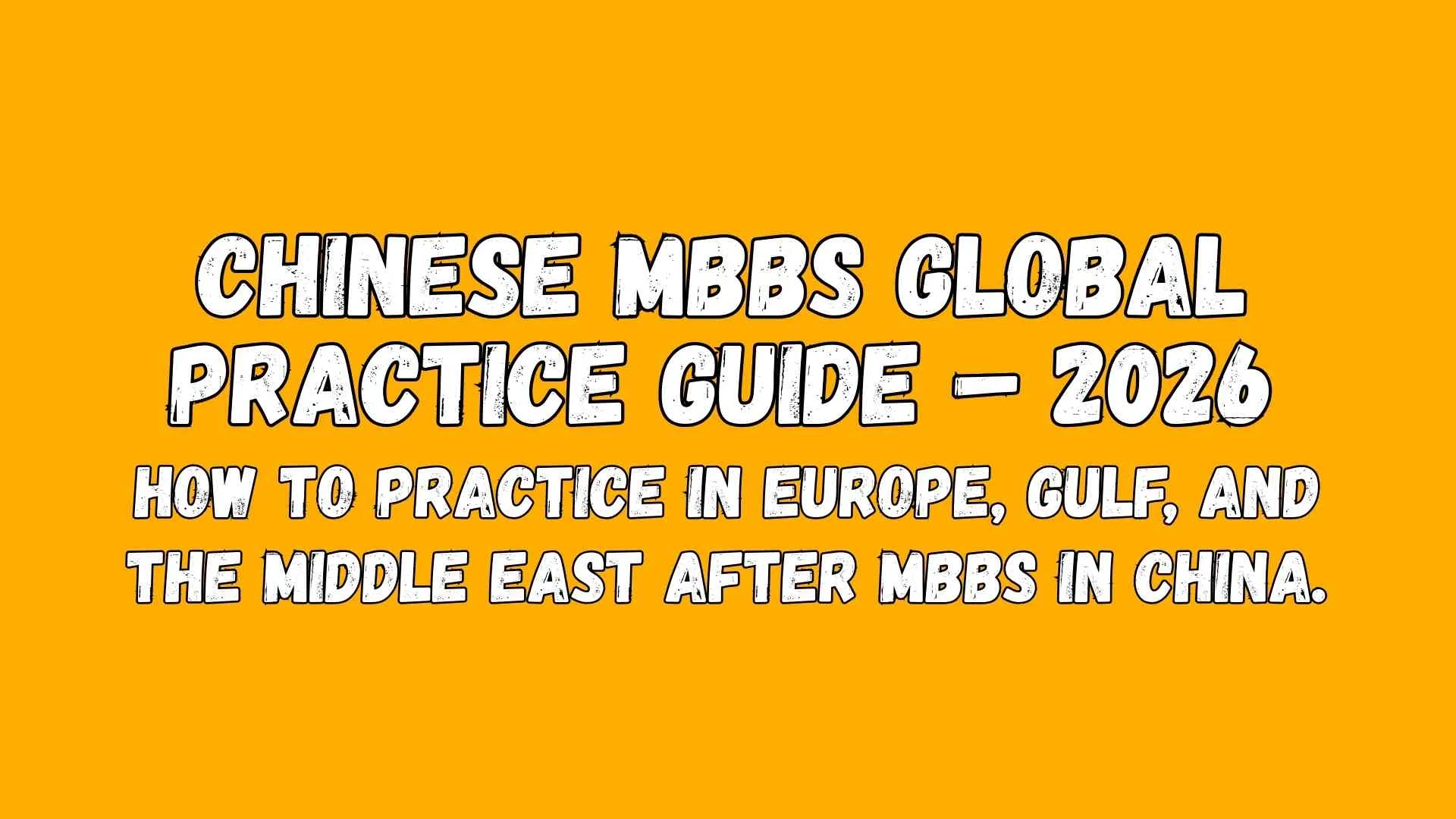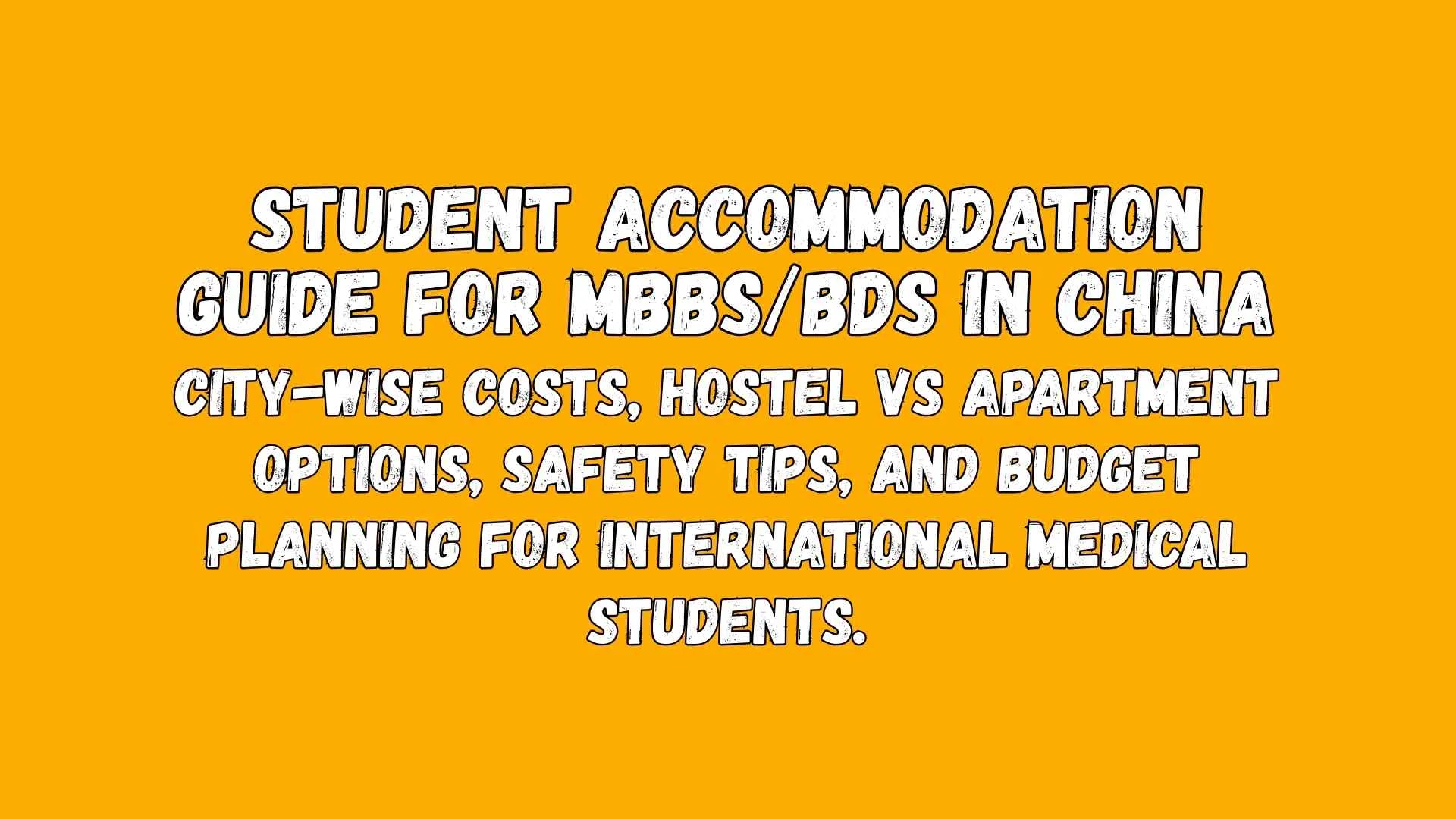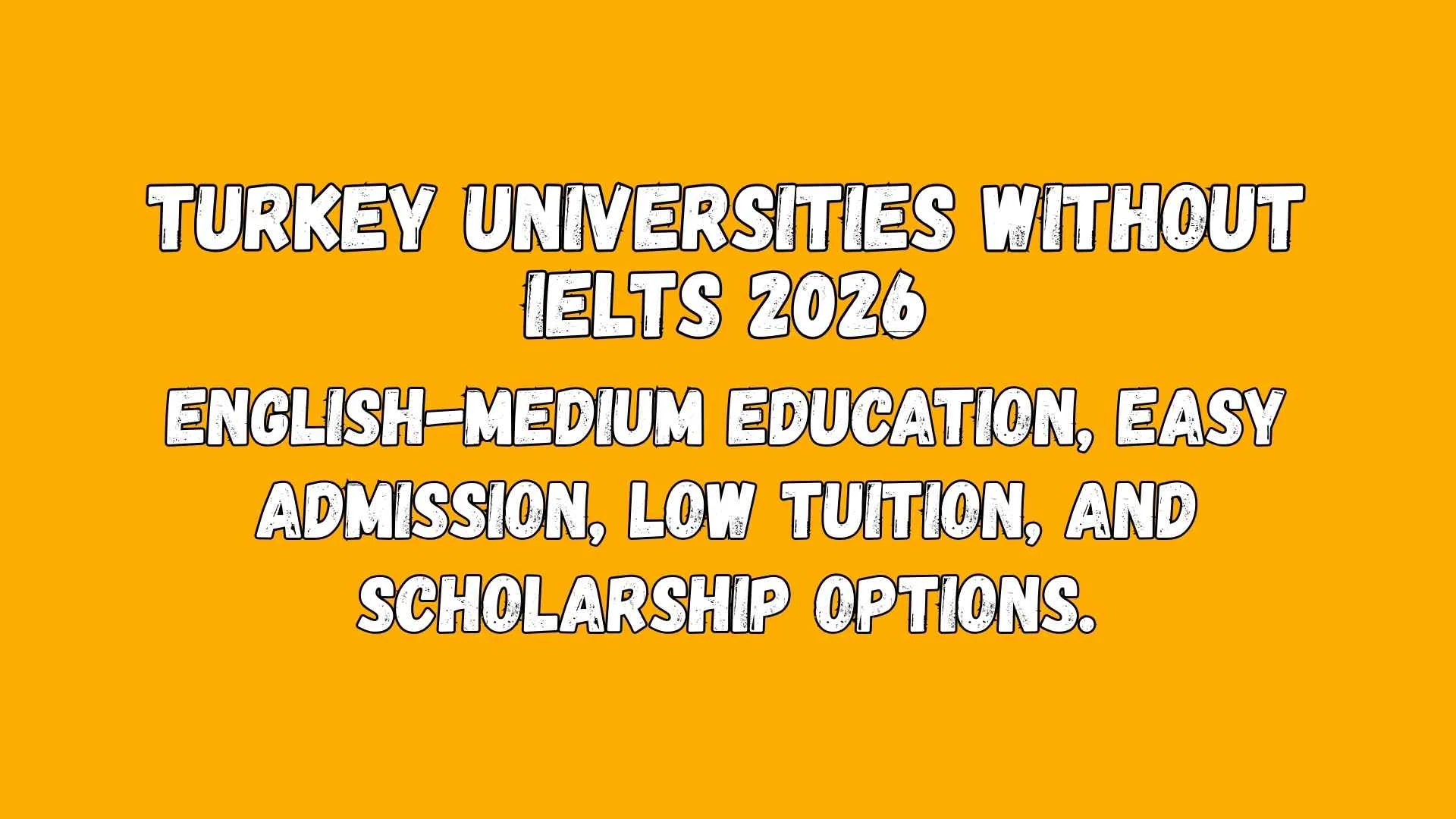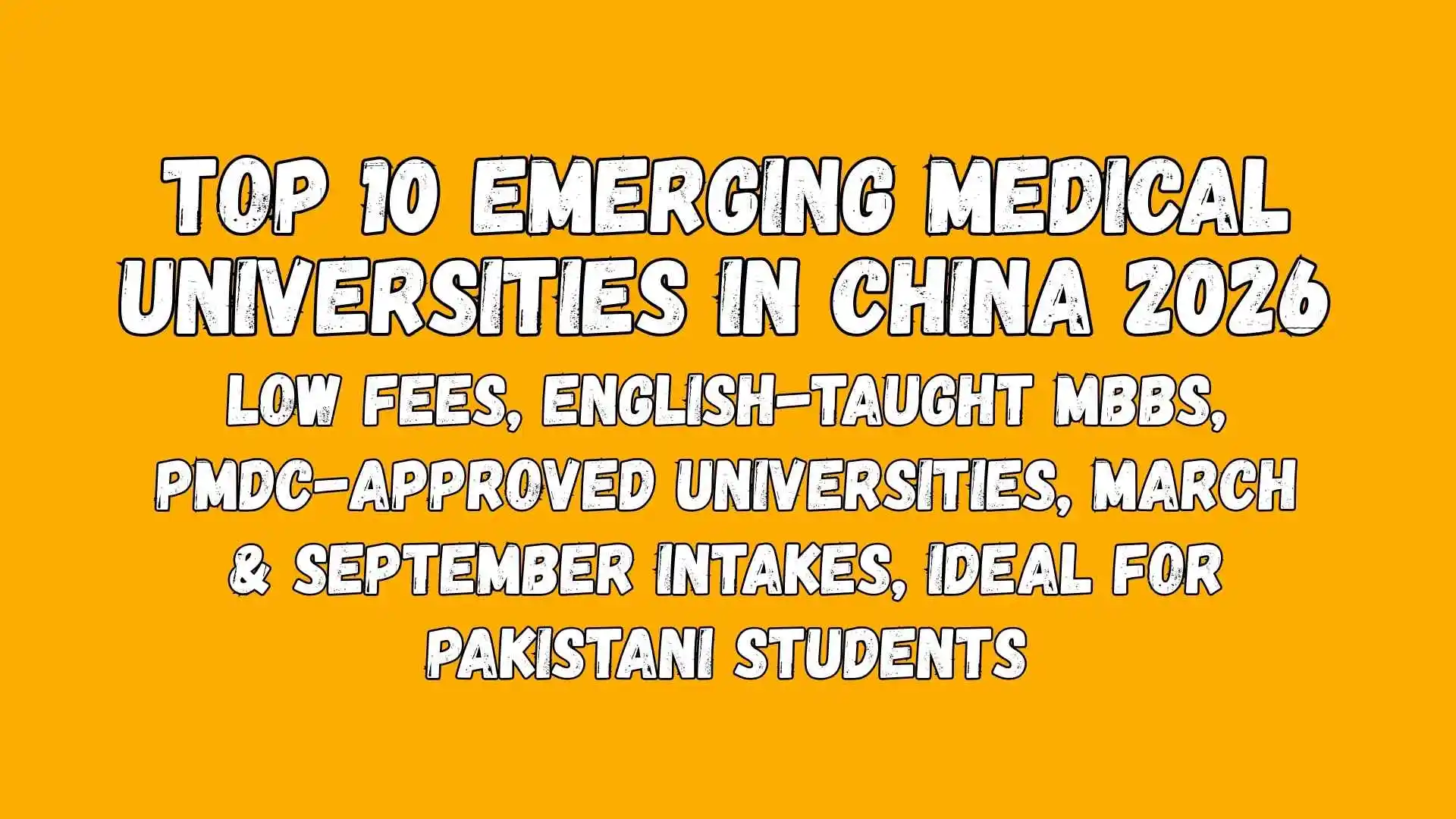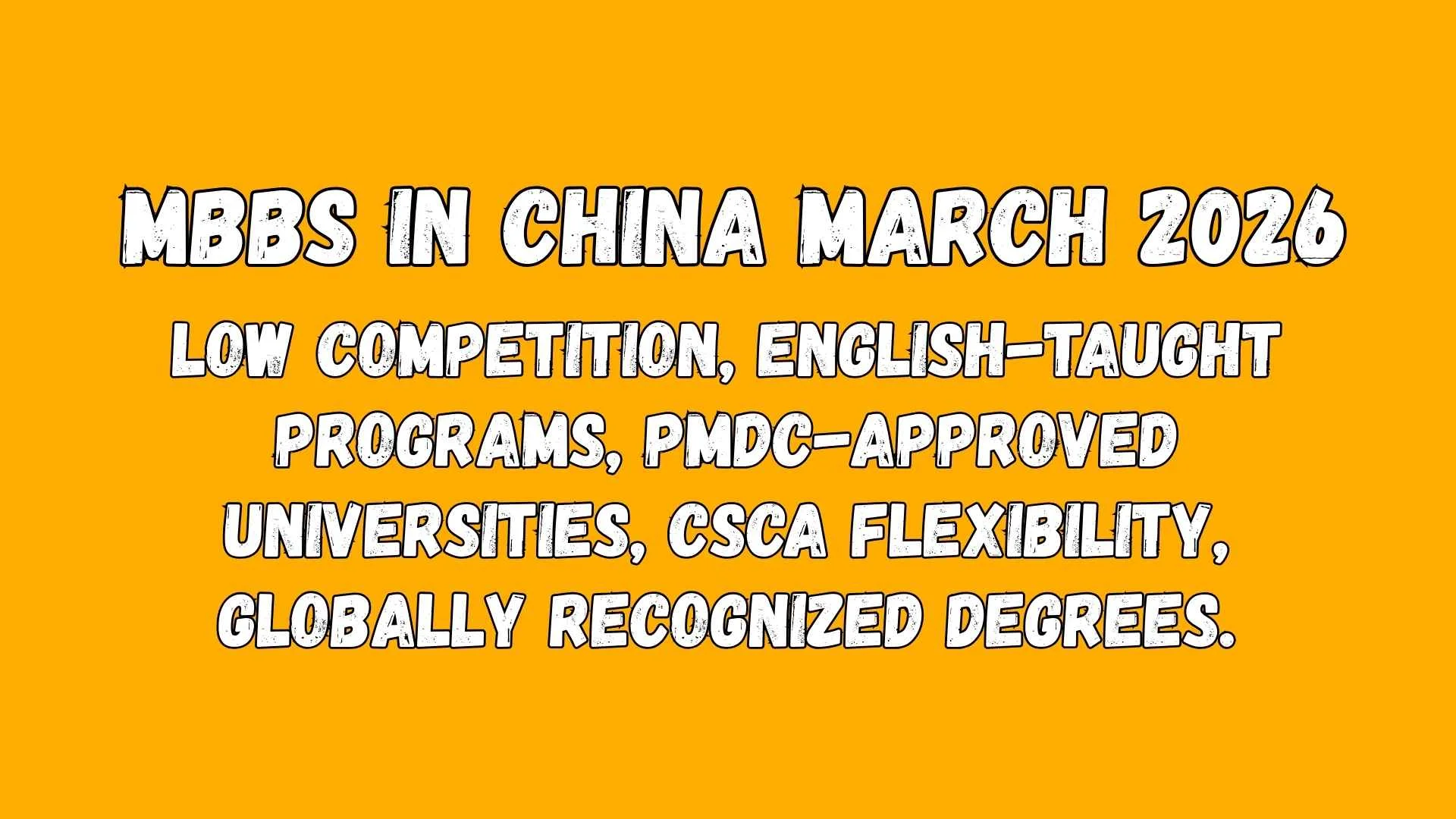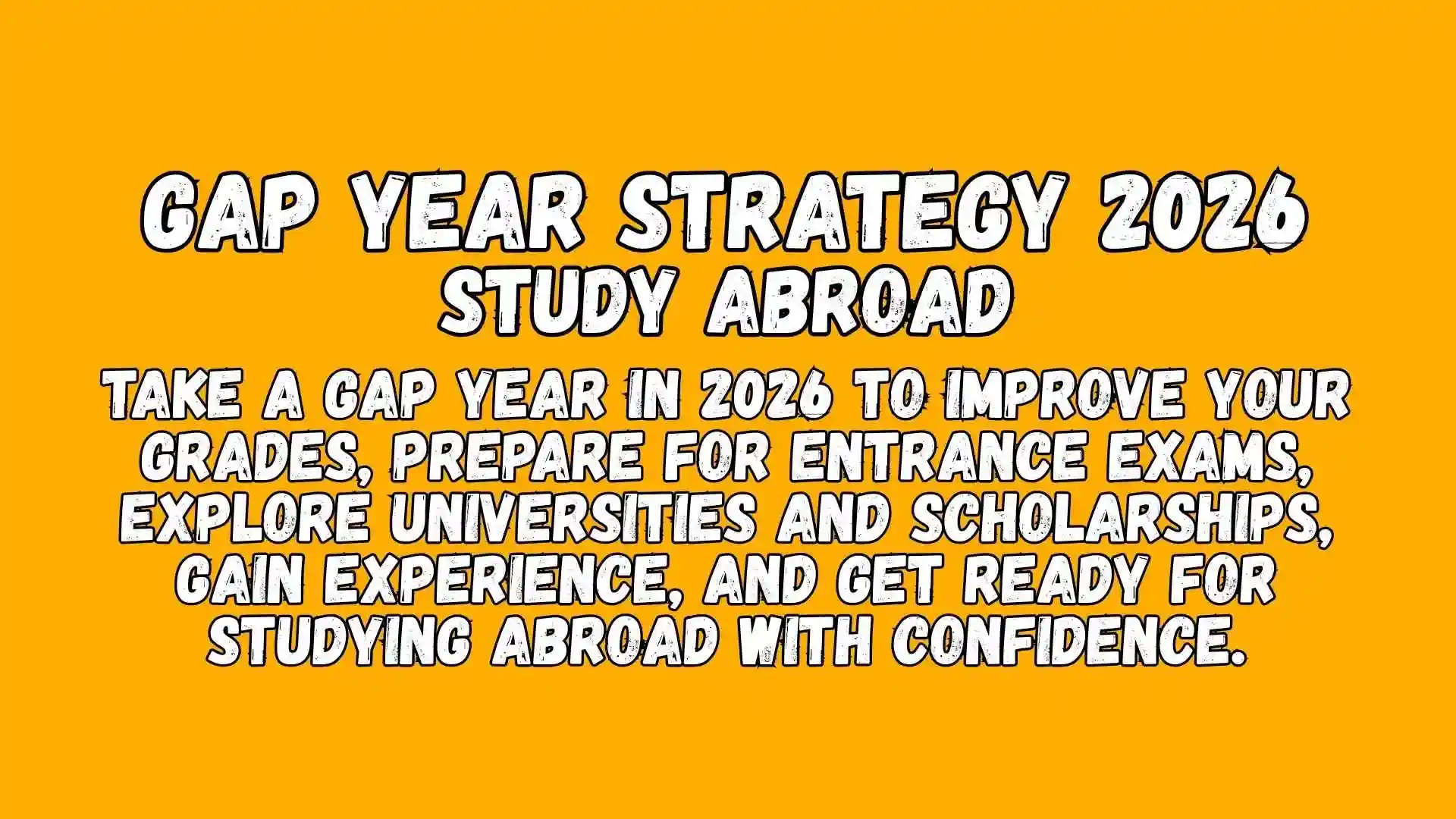Common MBBS Admission Scams Pakistani Students Must Know
Home > Common MBBS Admission Scams Pakistani Students Must Know
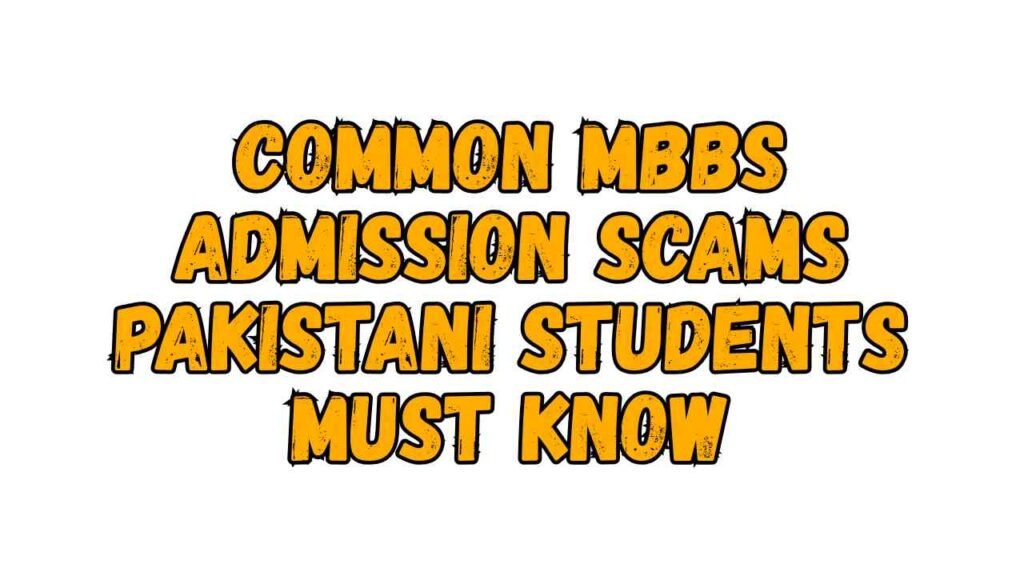
How to spot and avoid MBBS admission scams
Studying MBBS abroad has become a popular choice for Pakistani students seeking high-quality medical education at affordable fees. Countries like China, Kyrgyzstan, Russia, and Georgia offer English-medium programs recognized internationally. However, the growing demand has led to an increase in admission scams for MBBS abroad, putting students at risk of losing money, wasting years, and obtaining invalid degrees in Pakistan.
Fraudsters use clever tactics, including fake websites, cloned universities, counterfeit offer letters, and agents falsely claiming PMC (Pakistan Medical Commission) or WHO recognition. Many students fall prey to these scams due to lack of proper verification. Without careful checks, you may pay high fees only to find out the university is not recognized, making your degree unusable for the National Licensing Exam (NLE) in Pakistan.
This guide provides a comprehensive approach to spot, verify, and avoid MBBS admission scams, teaching students how to confirm university credentials, recognize red flags, and safely secure their medical education abroad.
Common Admission Scams for MBBS Abroad
When applying for MBBS abroad, students often encounter multiple types of scams. Being aware of these scams is crucial to protect your money, time, and career. Here’s an overview of the most common scams:
Fake Websites & Cloned Universities
Scammers create websites that mimic real universities with copied logos, fake testimonials, and slightly altered URLs. Students who submit documents or pay fees online often discover the university does not exist.
False Accreditation Claims
Some agents or institutions falsely claim recognition from PMC, WHO, or other international bodies. Degrees from unrecognized universities are invalid in Pakistan, preventing graduates from taking the NLE or practicing medicine.
Guaranteed Admission Without Exams
Offers claiming “direct admission without exams” are always suspicious. Legitimate universities verify eligibility, academic records, and sometimes conduct interviews or entrance tests.
Agents Demanding Upfront Payments
Fraudulent agents often demand cash, Western Union, or cryptocurrency transfers. These payments are untraceable and difficult or impossible to recover if the agent disappears.
Fake Offer Letters & Visa Documents
Some scammers provide counterfeit admission letters or visa paperwork to convince students to pay fees. Later, students may find their visas rejected, or the university does not exist.
Red Flags: Signs of a Fake University
Many fake universities and agents target students who dream of studying MBBS abroad. They look real at first but can steal money or give you a degree that is not valid anywhere.
| Red Flag | Why It Matters |
|---|---|
| Not listed in WDOMS or PMC | If a university’s name is missing from the World Directory of Medical Schools (WDOMS) or Pakistan Medical & Dental Council (PMC) list, its degree will not be accepted. You cannot take the NLE exam or work as a doctor in Pakistan. |
| Only Gmail, WhatsApp, or Facebook for contact | Real universities use official emails like info@university.edu or admissions@university.ac.cn. Fake ones often use free emails (like Gmail or Yahoo) or only chat on WhatsApp. |
| They ask for quick payment | Scammers often say things like “limited seats” or “scholarship ends today.” This is a trick to make you pay fast before checking details. Real universities never rush you for money. |
| Poor website or no .edu / .ac domain | A true university has a professional website that ends with “.edu” or “.ac”. If a website looks cheap, has grammar mistakes, or uses a random address, it’s a warning sign. |
| No campus address or photos | Every real university has a real location you can find on Google Maps. Fake ones either hide it or use fake addresses. |
| Unrealistic promises | Offers like “100% scholarship for everyone” or “no documents needed” are almost always fake. Real scholarships need proper forms and approval. |
| Agent hides the official admission letter | Always ask to see your offer letter from the university itself. Fake agents will avoid showing it because they made it themselves. |
Quick safety tips
Always verify the university on official directories (WDOMS) and PMC lists, ask for original offer letters, insist on traceable payment methods (bank transfer with receipt), and confirm campus photos & addresses on Google Maps before making any payment.
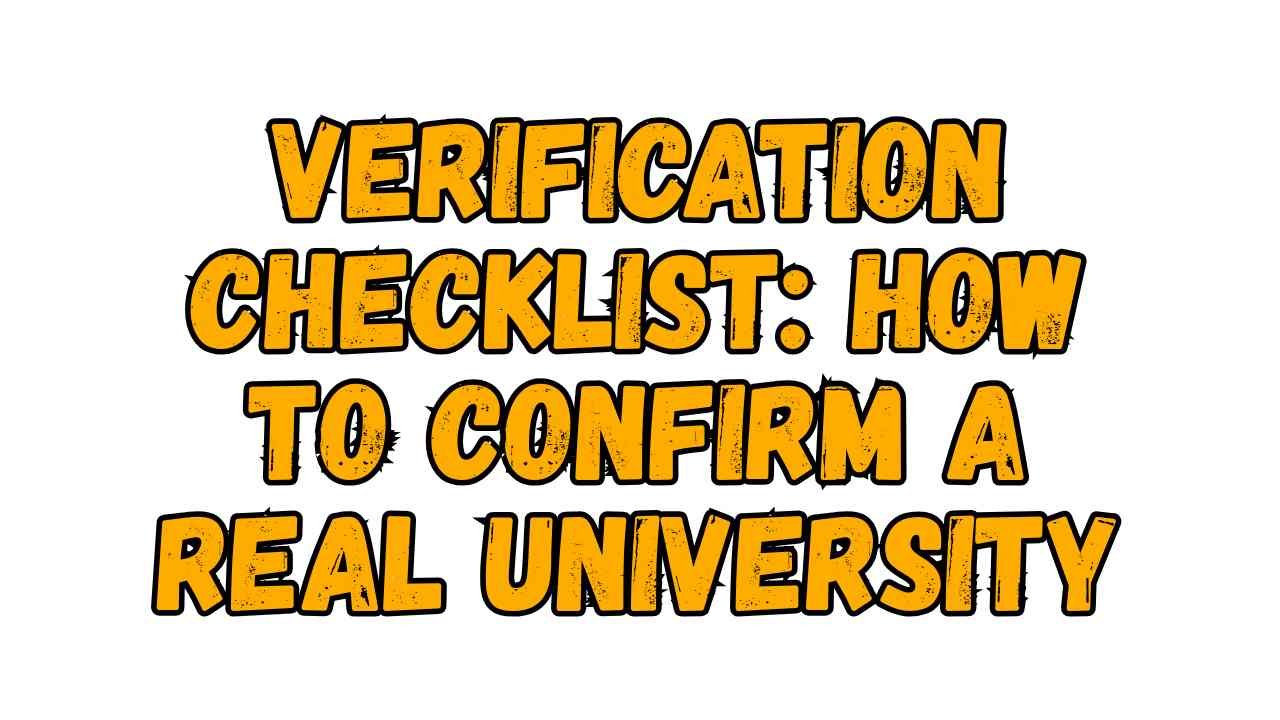
4. Verification Checklist: How to Confirm a Real University (Step-by-Step)
Many students lose money because they trust fake websites or unverified agents. To stay safe, follow this 10-step checklist before applying or paying.
10-Step University Verification Checklist
- Search the University in WDOMS: Visit www.wdoms.org and type the university name. If it’s not listed there, it’s not a recognized medical university.
- Check on the PMC Website: Go to the Pakistan Medical & Dental Council (PMC) site and see if the university is approved for Pakistani students.
- Confirm with the Country’s Ministry of Education: Every real university must be registered with its government’s education ministry. Check their official website for confirmation.
- Verify Your Offer Letter: Once you receive an admission or offer letter, email the official university address to confirm it’s real. Fake letters often have grammar mistakes or missing seals.
- Check the Contact Information: Make sure the university’s address, email, and phone number match what’s on their official website. If they don’t match — be careful.
- Check the Bank Details Before Payment: Never send money to a personal bank account. Always transfer to the university’s official bank account under the university’s name.
- Call or Email the Admissions Office: Ask questions about classes, fees, or hostel facilities. Real staff reply politely and with full details. Fake ones avoid questions.
- Talk to Real Students or Alumni: Ask for contact details of current Pakistani or international students. You can also find student groups on Facebook or LinkedIn.
- Check Embassy or Consulate Guidance: The embassy of that country can tell you which universities are real and approved for foreign students.
- When in Doubt, Get Professional Help: If you are still not sure, contact a trusted education consultant (like Soft Consultants). They can verify the university for you — free of cost.
What to Do If You’re Scammed
If you realize you’ve been scammed, act quickly to reduce financial loss and protect your data. Every hour counts.
Follow These Steps:
- Stop all payments immediately.
- Collect all proof: screenshots, chat logs, receipts, emails, and contact numbers.
- Report the incident to the FIA Cyber Crime Wing through https://www.fia.gov.pk or visit the nearest office.
- Inform your bank to block the scammer’s account or trace the transaction.
- File a police complaint to create an official record.
- Notify the university if its name or logo was misused in the scam.
- Contact the relevant embassy (e.g., Chinese or Kyrgyz Embassy) for further reporting and verification.
- Soft Consultants can help you review documents, identify fake offer letters, and guide you on how to recover your funds. Always keep records of all payments and communications — they’re crucial for investigations.
4. Verification Checklist: How to Confirm a Real University (Step-by-Step)
Many students lose money because they trust fake websites or unverified agents. To stay safe, follow this 10-step checklist before applying or paying.
10-Step University Verification Checklist
- Search the University in WDOMS: Visit www.wdoms.org and type the university name. If it’s not listed there, it’s not a recognized medical university.
- Check on the PMC Website: Go to the Pakistan Medical & Dental Council (PMC) site and see if the university is approved for Pakistani students.
- Confirm with the Country’s Ministry of Education: Every real university must be registered with its government’s education ministry. Check their official website for confirmation.
- Verify Your Offer Letter: Once you receive an admission or offer letter, email the official university address to confirm it’s real. Fake letters often have grammar mistakes or missing seals.
- Check the Contact Information: Make sure the university’s address, email, and phone number match what’s on their official website. If they don’t match — be careful.
- Check the Bank Details Before Payment: Never send money to a personal bank account. Always transfer to the university’s official bank account under the university’s name.
- Call or Email the Admissions Office: Ask questions about classes, fees, or hostel facilities. Real staff reply politely and with full details. Fake ones avoid questions.
- Talk to Real Students or Alumni: Ask for contact details of current Pakistani or international students. You can also find student groups on Facebook or LinkedIn.
- Check Embassy or Consulate Guidance: The embassy of that country can tell you which universities are real and approved for foreign students.
- When in Doubt, Get Professional Help: If you are still not sure, contact a trusted education consultant (like Soft Consultants). They can verify the university for you — free of cost.
What to Do If You’re Scammed
If you realize you’ve been scammed, act quickly to reduce financial loss and protect your data. Every hour counts.
Follow These Steps:
- Stop all payments immediately.
- Collect all proof: screenshots, chat logs, receipts, emails, and contact numbers.
- Report the incident to the FIA Cyber Crime Wing through https://www.fia.gov.pk or visit the nearest office.
- Inform your bank to block the scammer’s account or trace the transaction.
- File a police complaint to create an official record.
- Notify the university if its name or logo was misused in the scam.
- Contact the relevant embassy (e.g., Chinese or Kyrgyz Embassy) for further reporting and verification.
- Soft Consultants can help you review documents, identify fake offer letters, and guide you on how to recover your funds. Always keep records of all payments and communications — they’re crucial for investigations.
Trusted Sources & Tools
Use official, recognized platforms to verify your university’s authenticity before applying or paying any fee.
- World Directory of Medical Schools (WDOMS): Confirms if your medical university is globally listed.
- Pakistan Medical & Dental Council (PMC): Verifies if your university’s degree is valid for licensing in Pakistan.
- Ministry of Education (China, Kyrgyzstan, etc.): Lists officially approved foreign universities.
- Embassy Websites & Advisories: Provide updated visa and admission alerts for international students.
How Soft Consultants Protects You
At Soft Consultants, we make sure every step of your admission journey is authentic, verified, and secure. Our team works directly with officially recognized universities in China, Kyrgyzstan, Georgia, Turkey, and the UK.
Our Verification Process:
- Direct University Links: We confirm every admission and scholarship offer directly from the university’s admission office.
- Safe Payment Guidance: We never take tuition payments — students pay only to official university accounts.
- Visa & Scholarship Support: Our experts guide you through embassy interviews, documentation, and fee confirmations.
- Alumni Network: Our past students share genuine experiences and help verify your chosen university’s credibility.
FAQs
Conclusion
Scams in MBBS admissions are increasing — but they can be easily avoided with the right knowledge and guidance. Always verify your university, use safe payment channels, and seek help from trusted consultants.
Soft Consultants ensures every student’s journey is transparent, verified, and 100% authentic — from admission to visa support.
Apply Now
Table of Contents
-
17 Jan 2026 UncategorizedStudent Life in China for Pakistani Students 2026 Guide
-
15 Jan 2026 UncategorizedTop Masters in Turkey STEM Programs 2026 with Scholarships
-
14 Jan 2026 UncategorizedChinese MBBS Degree Recognition in Europe, Gulf & Middle East (2026)
-
13 Jan 2026 UncategorizedStudent Accommodation in China for MBBS/BDS: Costs, Cities & Tips 2026
-
12 Jan 2026 UncategorizedTop Turkish Universities Accepting Students Without IELTS/TOEFL (2026)
-
09 Jan 2026 UncategorizedEmerging Medical Universities in China 2026 – Low Fee MBBS for Pakistanis
-
08 Jan 2026 UncategorizedMBBS in China March 2026 Intake | Complete Guide for Pakistani Students
-
07 Jan 2026 UncategorizedGap Year Strategy 2026 for Pakistani Students | Study Abroad Guide
-
06 Jan 2026 UncategorizedMBBS & BDS in Kyrgyzstan 2026: Eligibility, Fees & Admission Guide for Pakistanis
-
05 Jan 2026 UncategorizedBDS Abroad with Low Marks or Gap Years | Soft Consultants


